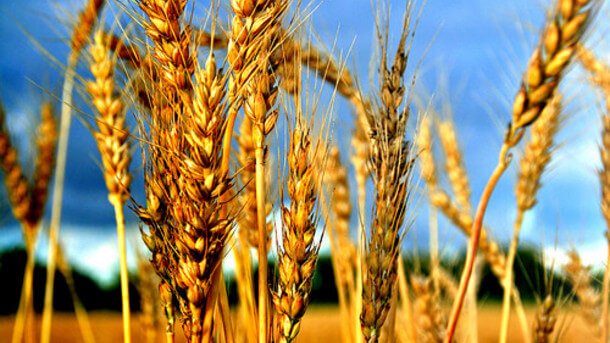



Article by: Hari Yellina
Although farmers cannot grow it, a new form of genetically engineered wheat has been allowed for sale in Australia for the first time. Trigall Genetics’ application for “the sale and use” of food created with gene technology IND-00412-7, also known as HB4 wheat, has been accepted by Food Standards Australia New Zealand (FSANZ). “Food from HB4 wheat could reach the Australian and New Zealand food supply through imported processed products, either as wheat flour or as completed products like baked goods,” the agency stated. Farmers in Argentina are currently growing HB4, a genetically modified wheat variety that is drought and pesticide-resistant.
Drought tolerance is derived from a sunflower gene (HaHB4) that had never been evaluated by Australian authorities. Herbicide resistance has also been added, which FSANZ has assessed for other GM crops. Grain Growers chair Brett Hosking said, “It’s been authorised in terms of its safety in the food supply chain.” “However, this does not imply that it will be used in the food supply chain.” Although HB4 wheat can already be sold in Australia, it has yet to be approved for cultivation by Australian farmers. Because the Office of the Gene Technology Regulator (OGTR) is in charge of approving crops grown by farmers, this is the case.
According to ABC Rural, no application to the OTGR or the federal Department of Agriculture, Water and the Environment to cultivate the wheat in Australia has been submitted. Although no GM wheat varieties have been approved for commercial production in Australia at this time, farmers are not opposed to producing GM crops. In Australia, GM canola and cotton are already widely farmed, and Mr Hosking says he supports expanding that to GM wheat. He stated, “The potential is there.” “The technology has been available for 30 years or more, and it’s been demonstrated to be a safe and effective technique to improve genetics.”
“It can fight things like climate change and produce grain with reduced emissions intensity, and things like that.” According to FSANZ, the safety evaluation found no public health or safety concerns, stating that food made from HB4 wheat is “as safe to eat as food made from non-GM wheat varieties.” “FSANZ undertook an impartial and evidence-based safety assessment in examining the application and made its conclusion,” according to an FSANZ statement. While the bulk of wheat-based items consumed in Australia are grown domestically, products such as noodles, biscuits, and flour are imported, according to Mr Hosking. “I’m not sure why, because we’re so good at producing decent grain here,” he explained, “but that’s how our market works.” “I’d encourage consumers to have a look at the label of the product they’re buying, know where it’s from and know what it’s made of.